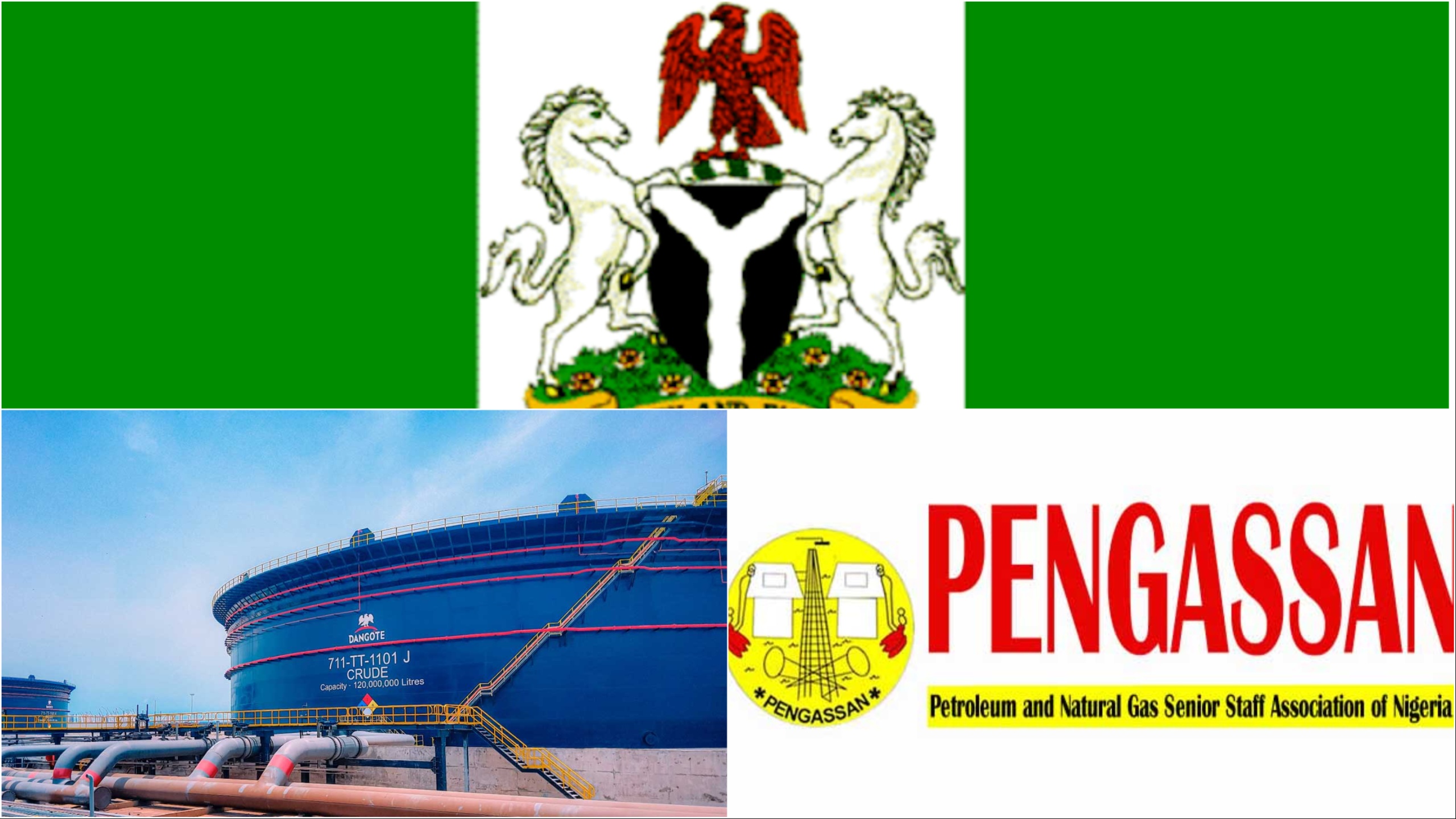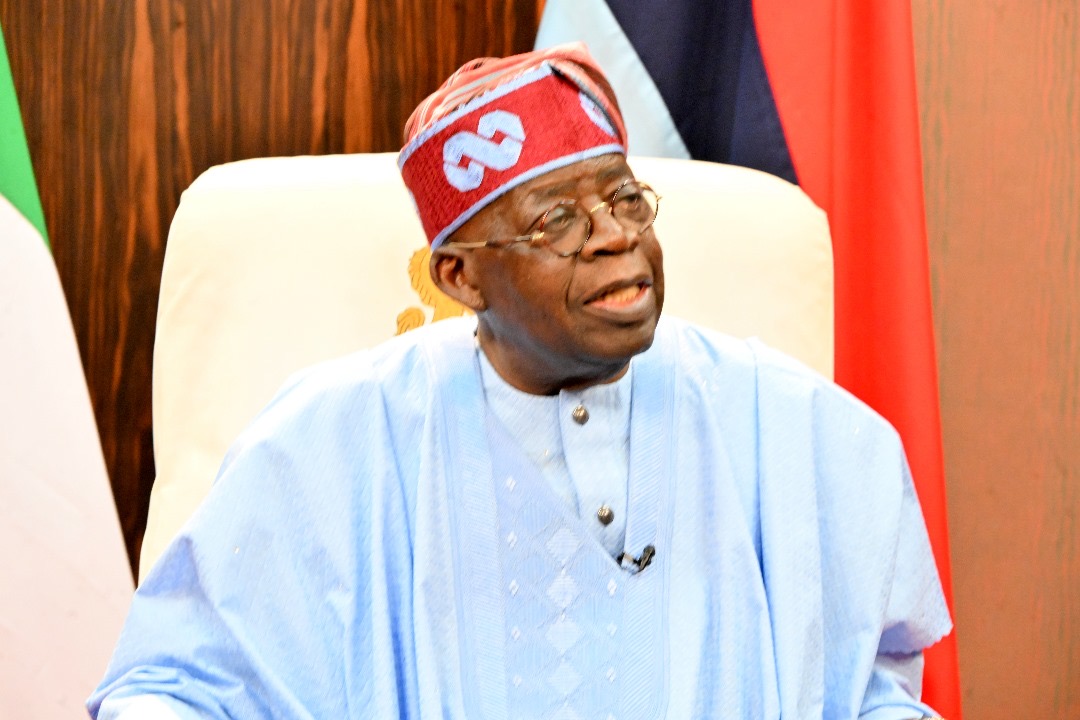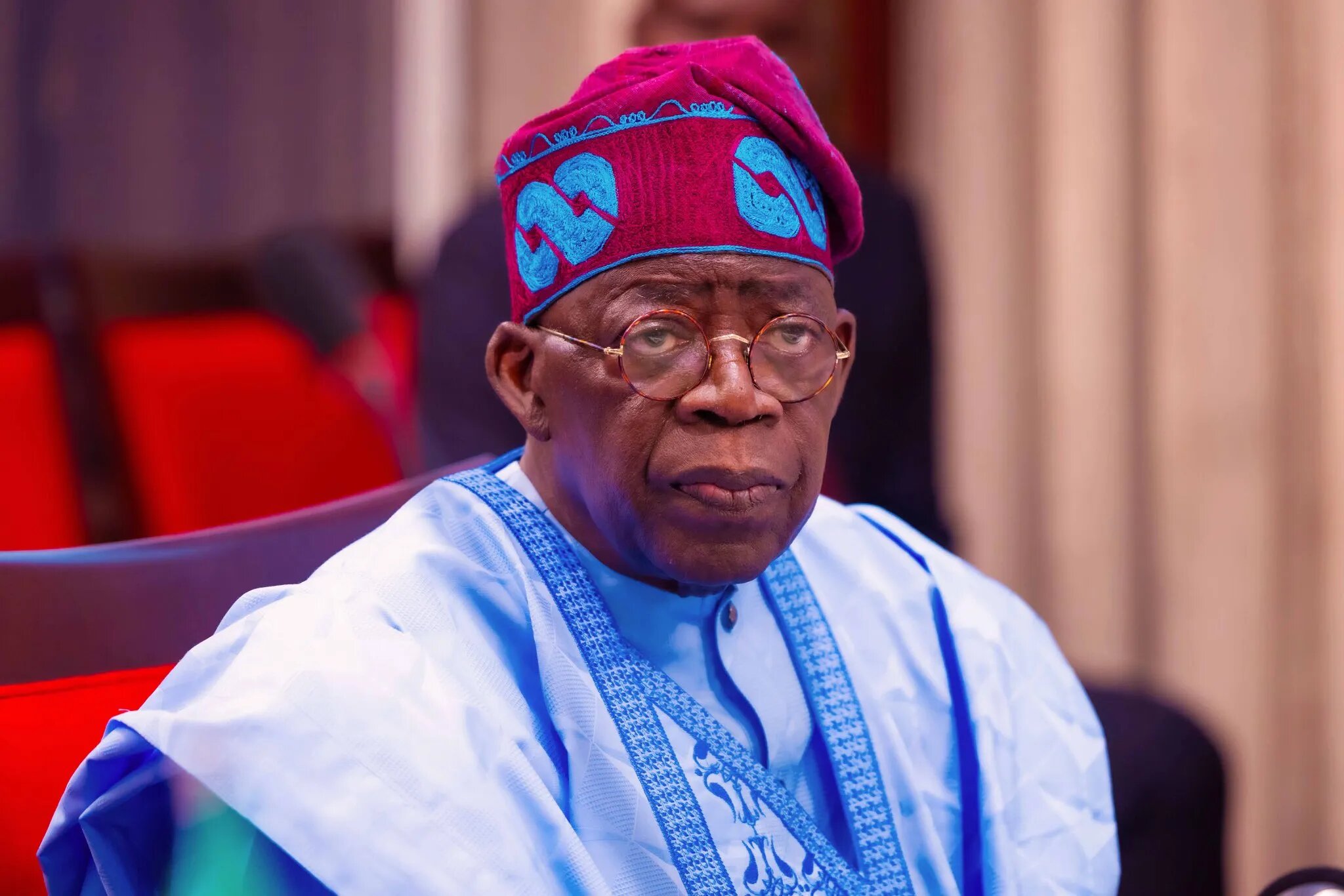Kemi Olaitan writes on the implications of the recent launched Implementation Strategy on the African Continental Free Trade Area on the economy of Oyo State
“Some people who are used to politics without purpose may begin to look for ulterior motives. Some may even ask whose interest will this (signing on to the African Continental Free Trade Area initiative) serve?,” the governor of Oyo State, ‘Seyi Makinde, asked through the Acting Governor, Barrister Abdulraheem Bayo Lawal, at the recent launching of the state’s implementation strategy on AfCFTA.
At the event held at the International Conference Centre, University of Ibadan, Ibadan and attended by the Secretary-General of the AfCFTA, Wamkele Mene, former Vice Chairperson of the African Union, Monique Nsanzabaganwa, Rwanda’s High Commissioner to Nigeria, Christophe Bazivamo, Sierra Leone’s Deputy High Commissioner to Nigeria, Major-General Dauda Fred Alpha (rtd), among others, the Oyo State governor and others explained the state’s huge aspiration to become a player in Africa’s integrated market.
The acting governor in answering his own poser, quoting Governor Makinde, itemised the benefits of the AfCFTA to residents of the state and the state itself, noting that the government’s vision to engender sustainable development and expand the state’s economy for the benefits of residents and the coming generation is behind the initiative.
The governor explained that joining up with the rest of Africa to participate in the single African Market, which according to the AfCFTA’s Secretary-General, Mene, has about 1.4 billion people with a combined GDP of 3.4 trillion US dollars, will open up the state to greater trade volume, increased production capacity and expanded revenue.
By launching the AfCFTA implementation strategy, the governor said, the government has prepared Oyo State’s systems; regulations, standards, infrastructure, and institutional readiness and investment incentives through a domestic alignment, readiness, reforms and business enablement, which will see it become a major trade hub in West Africa.
The direct implications of this effort, he noted, is that traders, farmers, entrepreneurs, manufacturers in the state will have access to a bigger market, while value addition and productive capacities will also be boosted in the state.
According to him, the strategy will help to improve the export readiness of the state’s Small and Medium Enterprises through training, support for compliance with standards on packaging and certifications and also signal to investors that Oyo State is ready and that it is a good place to invest.
He added that the strategy will equally help to focus by identifying priority sectors such as agriculture, manufacturing, and the creative industry, while the state can also devote resources where they will bring the highest returns.
His words, “Someone may ask; is this another jamboree or what exactly are the benefits for Oyo State? Are there real measurable gains in the short term, in the medium term and in the long term? Let me tell you what this strategy will deliver. In the immediate term, this strategy will improve the export readiness of our Small and Medium Enterprises through training, support for compliance with standards on packaging and certifications.
“It is also a signal to investors to tell them that Oyo State is ready and this is a good place to invest. It will also help to focus by identifying priority sectors such as agriculture, manufacturing, and the creative industry. We can devote resources where they will bring the highest returns. People talk about the Port in Lagos as an advantage that drives its economy. Well, this is our own port. With our proximity to the Benin Republic, Oyo State can legally boost cross-border trades, improve logistics infrastructure and create jobs in all support services that go with it.”
“In the long term, this strategy will attract foreign direct investments into our priority sectors and give our businesses access to a single African market of about 1.4 billion people and diversify our economy so that we rely less on receipts from oil and more on value-added productions. And, as incomes rise for our farmers, manufacturers and artisans, state revenues will also grow.
“You have already seen how we increased our revenues without increasing taxes. We did this by helping people see that their taxes are not a burden but a partnership, funding infrastructure and services that create even more opportunities. These steps we are taking now will ensure that long after we have left office, Oyo State will become a true trade hub for West Africa,” he said.
Earlier, Governor Makinde’s Special Adviser on International Trade and AfCFTA, Ms Neo Theodore-Tlhaselo, on her own part, maintained that the implementation strategy would provide an opportunity for traders, farmers, artisans, manufacturers in the state to “tap into the wider broader market, which is within the African continent,” adding that the opportunity will make Oyo State’s traders to be able to accelerate their businesses and make the state to be able to accelerate its economy.
She situated the implementation strategy launch within the context of the many bold moves by Governor Makinde to grow the economy of Oyo State, noting that the implementation strategy launch is “a call to action and a significant signal that Oyo State is open for business locally and across Africa.”
According to her, the launch of the implementation strategy by the state will position it to take full advantage of the immense opportunities, which the AfCFTA provides in terms of increasing the state’s production capacity, increasing trade volume and expanding the economy of the state.
Explaining the relevance of the AfCFTA and the launch of its implementation strategy to the common man in Oyo State, Prof. Musibau Babatunde, explained that traders from Oyo to Igboho, the cashew farmer in Oko, Ogbomoso South local government area, the cassava farmer in Ado-Awaye, the manufacturers and entrepreneurs in Ibadan and the tech-savvy young man in Ogbomoso all have something to benefit from Oyo’s venture into the AfCFTA.
“The AFCTA is a flagship project of the African Union that aims to create a single continental market for goods and services with a free movement of business, personal investment across Africa. Oyo State made a request to be on the table of negotiation of AfCFTA, such that whatever we are producing here can find their way straight to all the other states of African countries that have signed into the protocol of the AfCFTA, so that we don’t have to wait for Nigeria or for other places.
“For somebody that produces àdìre, so far that Oyo State have been able to sign into the protocol, by the time it’s getting to the border of those countries, we can say it’s AfCFTA-related and covered. So, that can actually enhance exportation of goods and services from Oyo State. It can actually make our SMEs to expand, because when you have so many requests like that, our SMEs can actually expand into it, and then they can be within the global value chain,” he said.
He added, “Let’s take it one by one, how we can actually get the opportunities of actually being part of it. I know agriculture and agro-processing is one of the fundamental areas of Oyo State. We are a very strong agricultural hub in the southwest, with respect to cassava, maize, yam, cocoa, cashew, livestock and poultry. If that is properly packaged together, they can find their way to all the countries across Africa, with lesser tariff, because we are now going to be under the AfCFTA, and that will make us competitive. That means the products that are coming from Oyo State will be cheaper when it gets to these other set of countries. So, AfCFTA is going to give Oyo State a bigger market for our agro-processing and processing of goods and foods across Africa.
“On the issue of industrialisation and light manufacturing, Ibadan is becoming an industrial city. We can attract investment on manufacturing that can look at things around footwear, household goods, food processing, even textiles, under reduced tariffs. Then, trade and logistics of Oyo State’s strategic location, which is close to Lagos’ seaport and is linked by highway, makes it a good distribution and logistical.”
“In the services sector; we have a vibrant education sector in Oyo State, University of Ibadan, LAUTECH, the new University of Technology in Okeho that is coming up, the Technical University on Lagos-Ibadan expressway. We have the polytechnic and several colleges of education coming up. So, this can serve as a good ICT or technology hub for Oyo State.
“Services such as education, health, tourism, and creative industry can also be exported to other countries under the AfCFTA. For example, under the trading services, we have what you call four modes of trading services. The first one is cross-border supply, whereby you can supply technological services from your country to another particular country. If you are not part of it, you cannot do that. There is one tool that is called ‘consumption abroad’ that can go together and consume their health services or to take education. Then there is what you call commercial presence. A firm in a country can go to another AfCFTA country and establish its commercial presence. And the final one is the movement of natural persons.
“So, as a sub-national, I can easily move to another particular country once I am covered with the AfCFTA. So, those are some of the benefits. Job creation and skill development is also going to probably bring about foreign and domestic investors and also regional and sub-national cooperation. So, the strategy that was actually launched on Friday is how we are going to be able to maximise all these benefits that I have put together,” he said.
Similarly, the state Commissioner for Trade, Industry and Cooperatives, Hon. Adeniyi Adebisi, explained that “AfCFTA is an Agreement signed by all the 54 African Nations.
He said, “The African Continental Free Trade Area (AfCFTA) agreement establishes the world’s largest free trade area by uniting 54 African nations to create a single market for goods and services, aiming to boost intra-African trade, economic growth, and industrialisation by eliminating tariffs and non-tariff barriers. Launched in 2018, it entered into force in 2019 and commenced operations in 2021, with its permanent Secretariat based in Accra, Ghana. The agreement focuses on harmonising policies, facilitating trade, and promoting investment, with significant potential to lift millions out of poverty and reduce reliance on commodity exports.
“In actual fact, countries in Africa are supposed to be members but there is a clause in the Agreement that allows sub-national entities to key into the Agreement. Therefore, Oyo State leveraged on that and documented as the first sub-national entity to launch the Agenda across Africa.”
In his speech at the event, the AfCFTA’s Secretary-General, described Oyo State as the first of the 591 sub-nationals in Africa to launch an AfCFTA implementation strategy, commending Governor Makinde for taking the initiative even as he explained that sub-nationals are quite strategic to AfCFTA, as productions, agriculture, trades happen at the sub-national levels.
He declared that though the initiative is a continental agreement, which is expected to be guided by Federal Governments, sub-nationals like Oyo State will play undeniably important roles by driving intra-Africa trades and bringing the ambitions of AfCFTA to reality.
He pointed out that Oyo State’s opportunities in areas such as agriculture and agro-processing, in the digitisation of the economy and manufacturing, among others, as reasons it should explore the opportunities provided by the AfCFTA.
He equally lauded Oyo’s implementation strategy, which according to him, has the overarching objective of promoting industrialisation, diversifying export markets and scaling up productive activities, adding that the strategy recognised that the economic future of Africa lies in value addition rather than raw export of agri-produce, processing of the abundant minerals in the state and encouraging productive capacity enhancement.
Mene, in what would appear as a vote of confidence in Governor Makinde’s leadership acumen, especially in the economic sector, said the developments that have taken place in the state in the areas of economic development and infrastructure, are quite encouraging.
Singling out the upgrading of the Samuel Ladoke Akintola Airport, Ibadan to international standards, Mene said the project will enable the unlocking of opportunities and integration of the market of Oyo State with the rest of the African continent, adding that other developments such as the massive road infrastructure across the state are also worthy enablers for its envisioned economic transformation through the instrumentality of AfCFTA.
He expressed the readiness of the AfCFTA Secretariat to support the implementation of Oyo’s strategy through the Secretariat’s moderate abilities and technical expertise towards ensuring that informal traders, smallholder farmers, young entrepreneurs all become part of the implementation of the strategy.
As days go by and weeks roll into months, residents of the state can draw inspiration from the words of the many local and international players, who converged on Ibadan for the Oyo State AfCFTA implementation strategy launch, that joy is, indeed, coming for the economy of the economy of the state and that they will be the better for it as the state unlocks opportunities in the AfCFTA.



